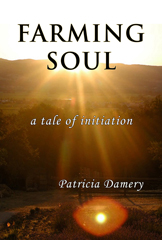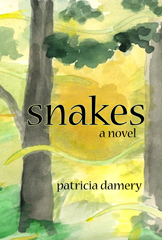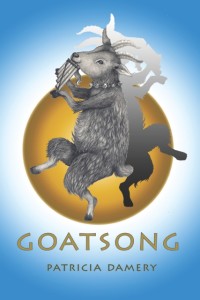| Pan Pipes, drawing by Jessica Boehman |
How I found the title GOATSONG
Titles come from the most surprising places—at least, this is true of Goatsong.
Senior Jungian Analyst and cofounder of the C. G. Jung Institute of San Francisco Dr. Joseph Henderson inadvertently named Goatsong, a title which came when I was consulting him about a series of snake dreams. When I tried to find the journal entry from that session, I discovered that journal was the one missing, the one I left on an airplane. (What happens to abandoned journals on planes? A friend told me they are sold somewhere in Montana. I hope this is an urban myth.)
So I must rely on my memory of the session: I related to Dr. Henderson an experience I had while searching (ah, the ubiquitous searching!) in a storage locker for old dream journals recording the snake dreams. (I write more fully about this experience in the blog Pan’s Flute.) I found an old tonette, or plastic flute, that I had as a fourth grader, and when I lifted it to my lips, an enigmatic song came. I told Dr. Henderson about this experience and how the goats (who were with me) suddenly stopped browsing and listened intently. Every time I played the song, they would stop and listen.
Henderson amplifies this in Thresholds of Initiation, tracing the word to the second, or spiritual birth of Dionysos from Zeus’s thigh. In this legend Dionysos is referred to as the Dithyramb, or Zeus-leap-song, a legend involving fertility and initiatory rites and, according to Henderson’s account, connected to other rites linking the Dithyramb with the goat. (Thresholds of Initiation,165)
Dionysos’ un-natural birth from Zeus’ thigh symbolizes an emergence from death and darkness through the consciousness of the light of nature, or the lumen naturae. This is a psychic consciousness, a consciousness of spirit in matter, often involving considerable suffering. It is also one that recognizes the interconnectedness of all nature and its manifold forms, including us. David Abram speaks of this concept when he speaks of “the interiority of psyche”, as in, we are in psyche; versus psyche is in us. (from a dialogue between Abram and me on February 10, 2012, to be published in the Jung Journal: Culture and Psyche.)
The novel Goatsong has in its bedrock these simple truths, so alien to our modern, rational minds. They flow through the story like the melody of a pan pipe— or a serpent’s path through time.
 |
Be Reading Farming Soul in under a minute on your kindle reader, iPad, iPhone, Smart Phone, PC or Mac Computer . . .
kobo  |

kobo

